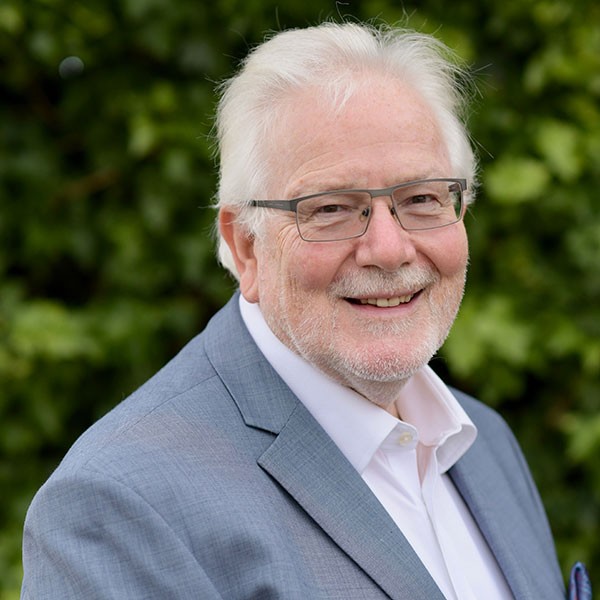
I walked around my garden in the English county of Suffolk one lovely day earlier this year, enjoying the warmth as the sun beat down from a cloudless blue sky. Birds sang, bees buzzed – it was a picture of a perfect English midsummer’s day.
Only it wasn’t August. It was November, the first month of the British winter, and a time of year when we should expect bitter easterly winds, frosts and even snow. It was another sign that when it comes to climate, things just don’t feel quite right.
Of course, if global warming only meant pleasantly unseasonal weather it wouldn’t be a problem. But the increasing frequency of extreme climate events tells a different and much more serious story.
Over the past year the world has suffered massively destructive bushfires in California and Australia, a sequence of violent hurricanes hammering Atlantic coastlines, and calamitous drought across Africa, to name just a few examples.
It’s clear that all is not well with Planet Earth, which is why the United Nations is appealing for all people to step up their efforts to meet its 17 Sustainable Development Goals (SDGs) by 2030. If the world doesn’t change, the speed and scale of environmental destruction will continue to grow and it will be too late to act.
As Ban-ki Moon, the former secretary-general of the UN, said: ‘There is no Plan B because there is no Planet B.’
SDG commitment
I have always been proud of ACCA’s dedication to sustainability. I was doubly proud this month when we led the global profession by announcing a new emphasis on our commitment to the 17 SDGs.
This is an opportunity to build ourselves back up after Covid-19 in a way that works for everyone and not just a few – where the weakest and most vulnerable are shielded and protected, and each individual has an opportunity to thrive, whatever their starting point.
As Ban-ki Moon, the former secretary-general of the UN, said: ‘There is no Plan B because there is no Planet B’
We have identified 11 of the goals that best match our own work and set meaningful, measurable targets that we will meet over the coming decade. The SDG challenges we have set ourselves include education, equality and carbon emissions (find the full list on our website).
As ethical professionals, we always strive to act with integrity and as a force for public good. Nothing poses a greater threat to public good than irreversible climate change, and that is why we promise to meet our obligations to the SDGs.
The next decade represents humankind’s last chance to preserve the Earth for future generations, and we owe it to our children and grandchildren to stand up now for what is right.
I know you wouldn’t expect anything less from ACCA, and I am confident that we will rise to meet this greatest of all challenges.
The Earth is a wondrous garden that belongs to us all, and we must all play our part in tending it for succeeding generations to enjoy.




